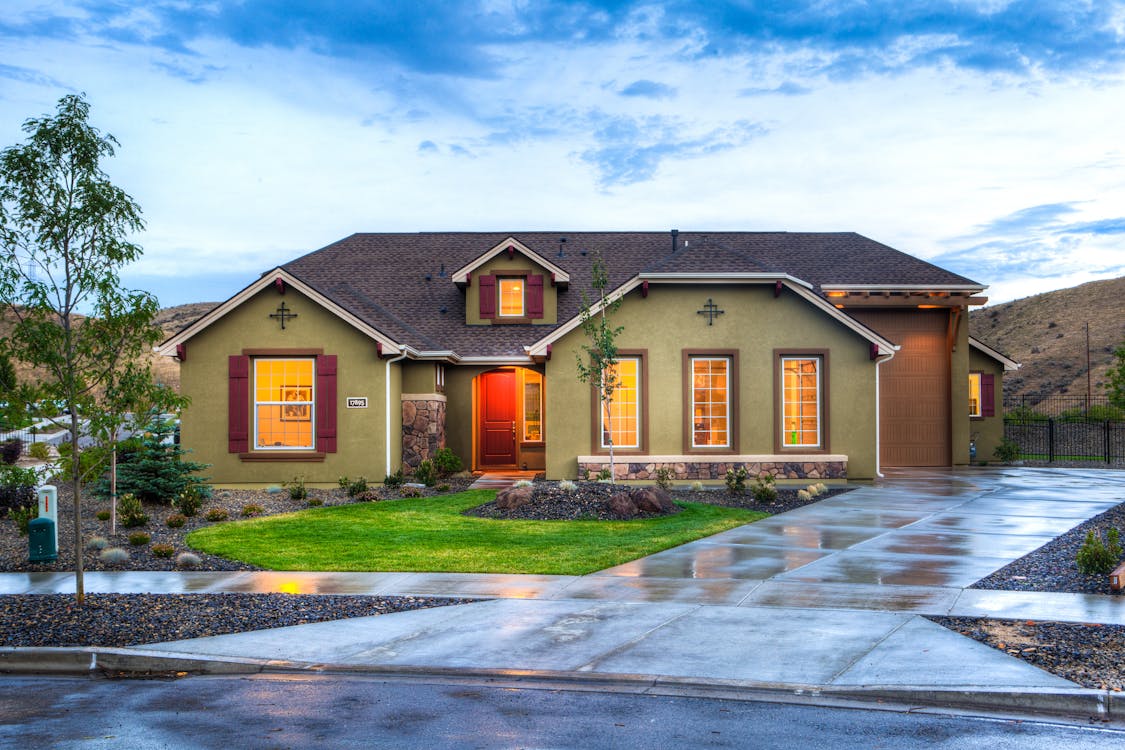Overview of Zoning Laws
Zoning laws play a big role in shaping cities and communities. They control what types of buildings can go up and where. In Texas, these laws can either help or hurt the development of affordable housing. Cities like Austin, Houston, and Dallas face challenges with zoning that affect housing costs and availability.
This article will explore how Texas zoning laws impact affordable housing. We’ll look at the problems these regulations create and what can be done to make housing more affordable for Texans.
Zoning laws decide how land can be used. In Texas, cities use zoning to organize where homes, businesses, and factories can be built. Common zoning types include residential, commercial, and mixed-use. For example, a residential zone might allow only single-family homes, while a mixed-use zone allows both homes and businesses.
Local governments in Texas, such as city councils, decide the zoning rules for each area. These decisions influence housing options. In cities like Austin, zoning laws can limit the amount of housing built, which affects affordability.
Zoning isn’t the same everywhere in Texas. Houston, for example, is known for having no traditional zoning, but it still uses other rules to manage land use. These differences show how zoning can shape a city’s housing market.
The Challenges Zoning Laws Create for Affordable Housing
Restrictive Zoning and Its Impact on Affordable Housing in Texas
Restrictive zoning laws often limit affordable housing development in Texas. For instance, many Texas cities, like Austin and Dallas, use single-family zoning. This type of zoning only allows one house per lot. It prevents developers from building apartment complexes or multi-family homes in many areas.
When zoning laws restrict housing types, it leads to fewer options for affordable housing. In Austin, high housing demand and limited land supply create a serious housing shortage. People who need affordable homes struggle to find suitable places to live. This makes home prices rise, pushing many Texans out of the housing market.
In areas like Dallas, zoning rules can also prevent mixed-use development. Mixed-use zones allow both residential and commercial buildings, making it easier to create affordable housing close to jobs and public services. Without this type of zoning, people might have to live far from where they work, increasing living costs.
NIMBYism and Political Pressure in Texas
NIMBYism, or “Not In My Backyard,” is another challenge in Texas. Some residents resist new housing developments, especially affordable housing, because they worry it will hurt their property values or change the neighborhood’s character. This often leads to local political pressure to keep restrictive zoning in place.
In cities like Dallas and San Antonio, NIMBYism can block affordable housing projects. When local governments try to change zoning rules to allow for more affordable homes, community pushback can delay or stop these efforts. As a result, local politicians often side with homeowners, keeping zoning laws that limit affordable housing.
Solutions and Opportunities for Reform in Texas
Reforming Zoning Laws in Texas to Support Affordable Housing
Zoning reforms can help create more affordable housing across Texas. One solution is upzoning. This allows developers to build more housing units on the same piece of land. For example, Austin has started to allow more multi-family homes in some areas, increasing the supply of affordable housing. This shift helps lower the cost of housing by making more units available.
Another option is inclusionary zoning. This policy requires developers to include affordable housing in new developments. Cities like San Antonio are exploring this approach to ensure that more affordable housing gets built alongside market-rate homes. This method can help balance the housing market and provide more options for low-income families.
Eliminating single-family zoning is another powerful reform. Cities like Minneapolis have already taken steps to remove this zoning, and some advocates in Texas are pushing for similar changes. Removing single-family zoning would allow for more duplexes, triplexes, and multi-family homes, especially in cities like Dallas, where housing demand is high.
The Role of Local Governments and Community Engagement in Texas
Local governments play a key role in updating zoning laws to support affordable housing. City councils in places like Austin and Houston have begun taking action by revisiting their zoning rules. However, these changes often require strong political will and community support.
Community engagement is essential for any zoning reform. In Texas, local residents often have a significant say in what gets built in their neighborhoods. Cities like San Antonio have seen success by involving the public in discussions about affordable housing projects. When residents understand the need for affordable housing, they are more likely to support zoning changes.
Policymakers and community members must work together to rethink zoning in Texas. By updating zoning laws, Texas cities can create more affordable housing and meet the growing demand.
